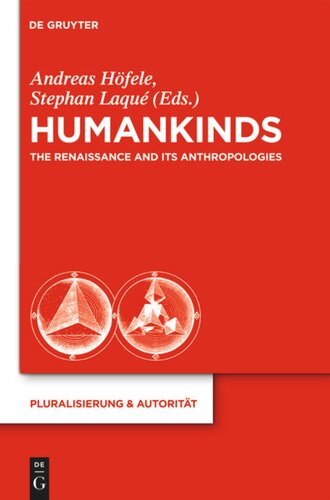

Most ebook files are in PDF format, so you can easily read them using various software such as Foxit Reader or directly on the Google Chrome browser.
Some ebook files are released by publishers in other formats such as .awz, .mobi, .epub, .fb2, etc. You may need to install specific software to read these formats on mobile/PC, such as Calibre.
Please read the tutorial at this link: https://ebookbell.com/faq
We offer FREE conversion to the popular formats you request; however, this may take some time. Therefore, right after payment, please email us, and we will try to provide the service as quickly as possible.
For some exceptional file formats or broken links (if any), please refrain from opening any disputes. Instead, email us first, and we will try to assist within a maximum of 6 hours.
EbookBell Team

4.8
104 reviewsAnthropology is a notoriously polysemous term. Within a continental European academic context, it is usually employed in the sense of philosophical anthropology, and mainly concerned with exploring concepts of a universal human nature. By contrast, Anglo-American scholarship almost exclusively associates anthropology with the investigation of cultural and ethnic differences (cultural anthropology). How these two main traditions (and their ‘derivations’ such as literary anthropology, historical anthropology, ethnology, ethnography, intercultural studies) relate to each other is a matter of debate. Both, however, have their roots in the path-breaking changes that occurred within sixteenth and early seventeenth-century culture and scientific discourse. It was in fact during this period that the term anthropology first acquired the meanings on which its current usage is based. The Renaissance did not ‘invent’ the human. But the period that gave rise to ‘humanism’ witnessed an unprecedented diversification of the concept that was at its very core. The question of what defines the human became increasingly contested as new developments like the emergence of the natural sciences, religious pluralisation, as well as colonial expansion, were undermining old certainties. The proliferation of doctrines of the human in the early modern age bears out the assumption that anthropology is a discipline of crisis, seeking to establish sets of common values and discursive norms in situations when authority finds itself under pressure.